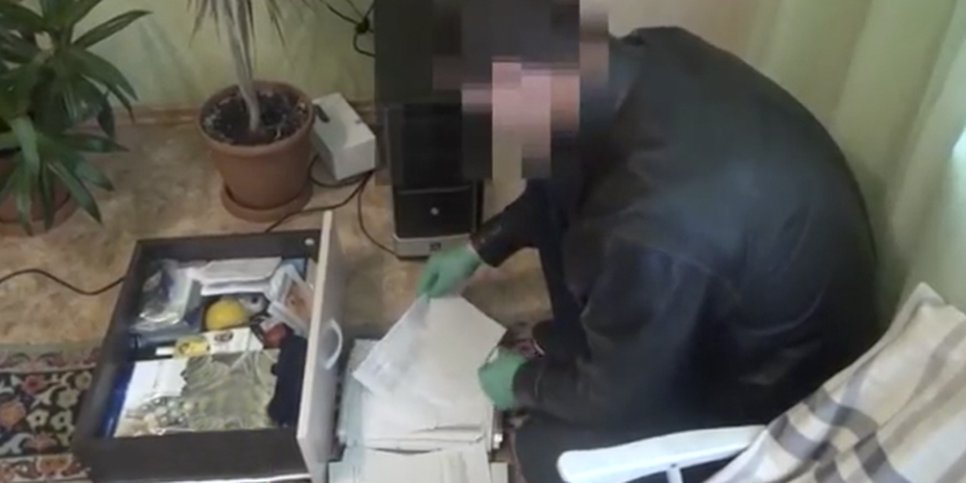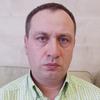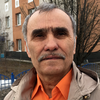Search of Jehovah's Witnesses (archival photo)
Search of Jehovah's Witnesses (archival photo)
On February 28, 2019, in the cities of Nefteyugansk and Pyt-Yakh (Khanty-Mansi Autonomous Okrug), located near Surgut, searches were carried out in the homes of citizens who are suspected of professing the religion of Jehovah's Witnesses. Aleksandr Nikanorov, 37, a father of a 7-month-old child, was detained in Pyt-Yakh, but he was released after interrogation.
On February 15, 2019, mass searches took place in Surgut and Lyantor. On February 17, 2019, the court sentenced three citizens to a measure of restraint in the form of detention in a pre-trial detention center. A criminal case under the article "organization and participation of an extremist organization" was initiated against 19 local residents, including women.
A week earlier, on February 6, 2019, searches were conducted in the city of Urai (Khanty-Mansi Autonomous Okrug), 38-year-old Andrey Sazonov was arrested. After 20 days, the court placed him under house arrest.
Law enforcers mistakenly mistake citizens' religion for participation in the activities of an extremist organization. Prominent public figures of Russia, the Human Rights Council under the President of the Russian Federation, the President of the Russian Federation, as well as international organizations - the European Union External Action Service, observers of the Parliamentary Assembly of the Council of Europe, the Office of the UN High Commissioner for Human Rights - drew attention to this problem. Jehovah's Witnesses have nothing to do with extremism and insist on their complete innocence. The Russian government has repeatedly stated that the decisions of the Russian courts on the liquidation and prohibition of organizations of Jehovah's Witnesses "do not assess the doctrine of Jehovah's Witnesses, do not contain a restriction or prohibition to practice the above teachings individually."


















